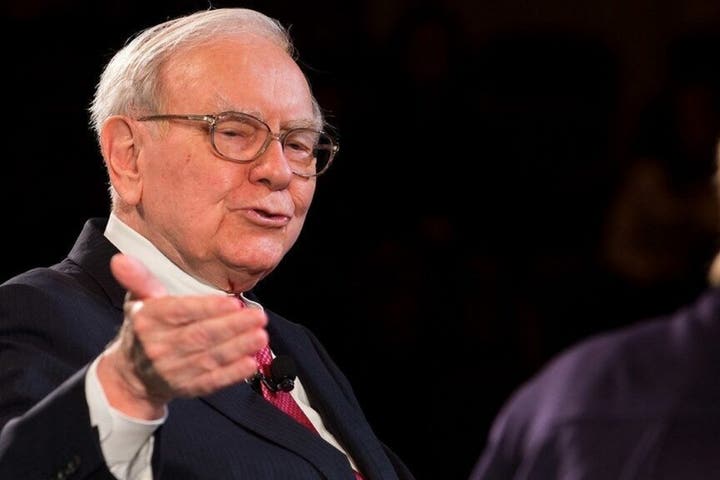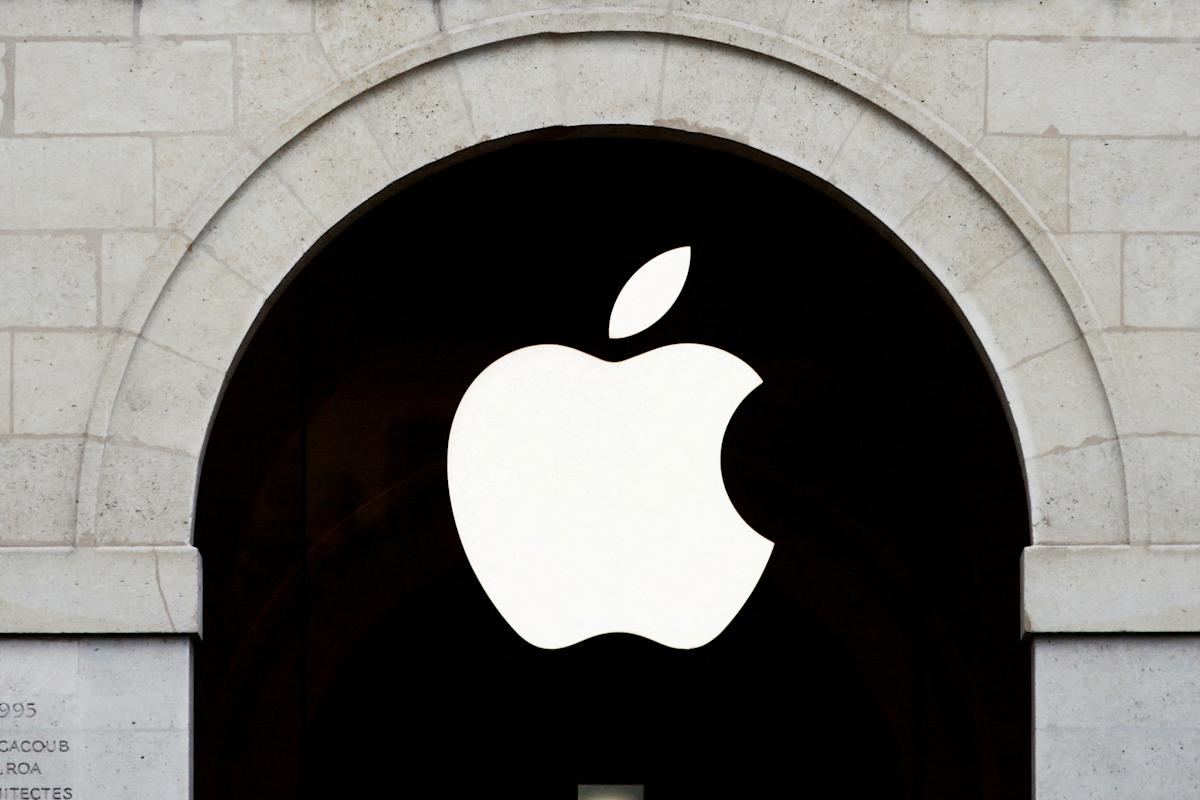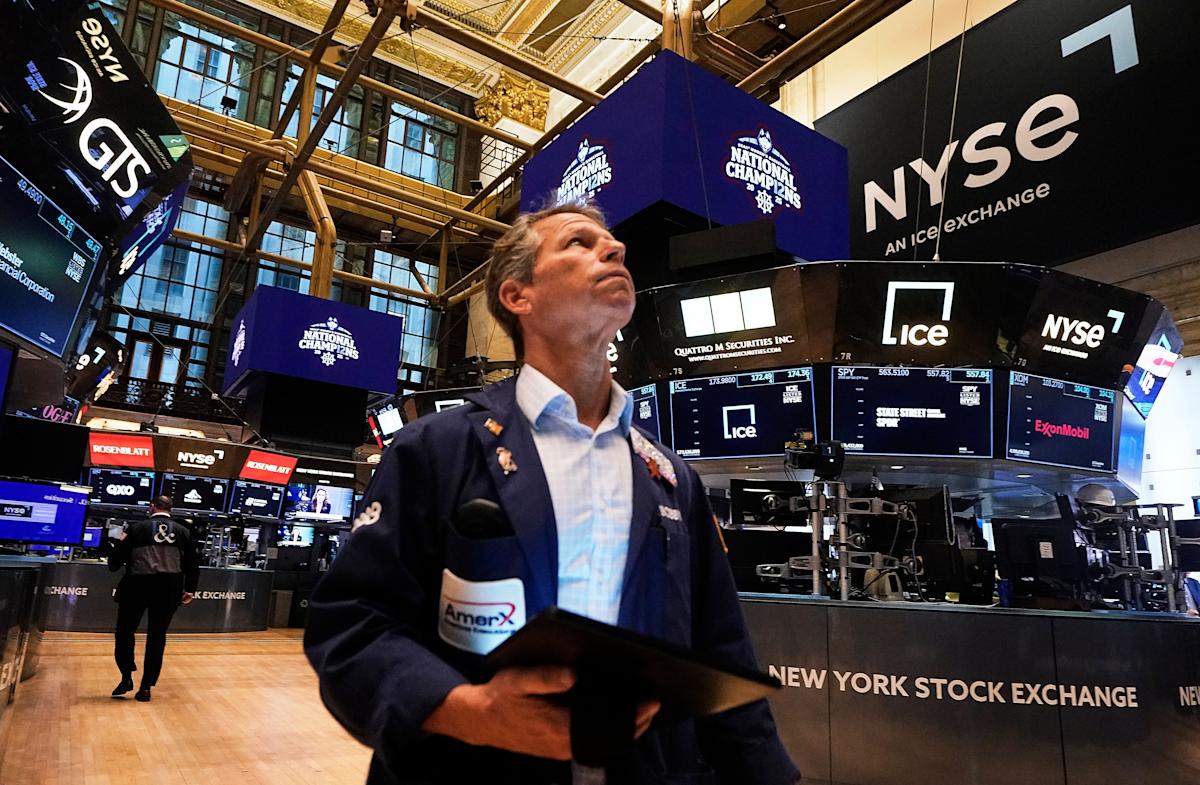Powell Under Fire: Trump's Verbal Assault Sparks Wall Street Turmoil
Finance
2025-04-21 15:32:29Content
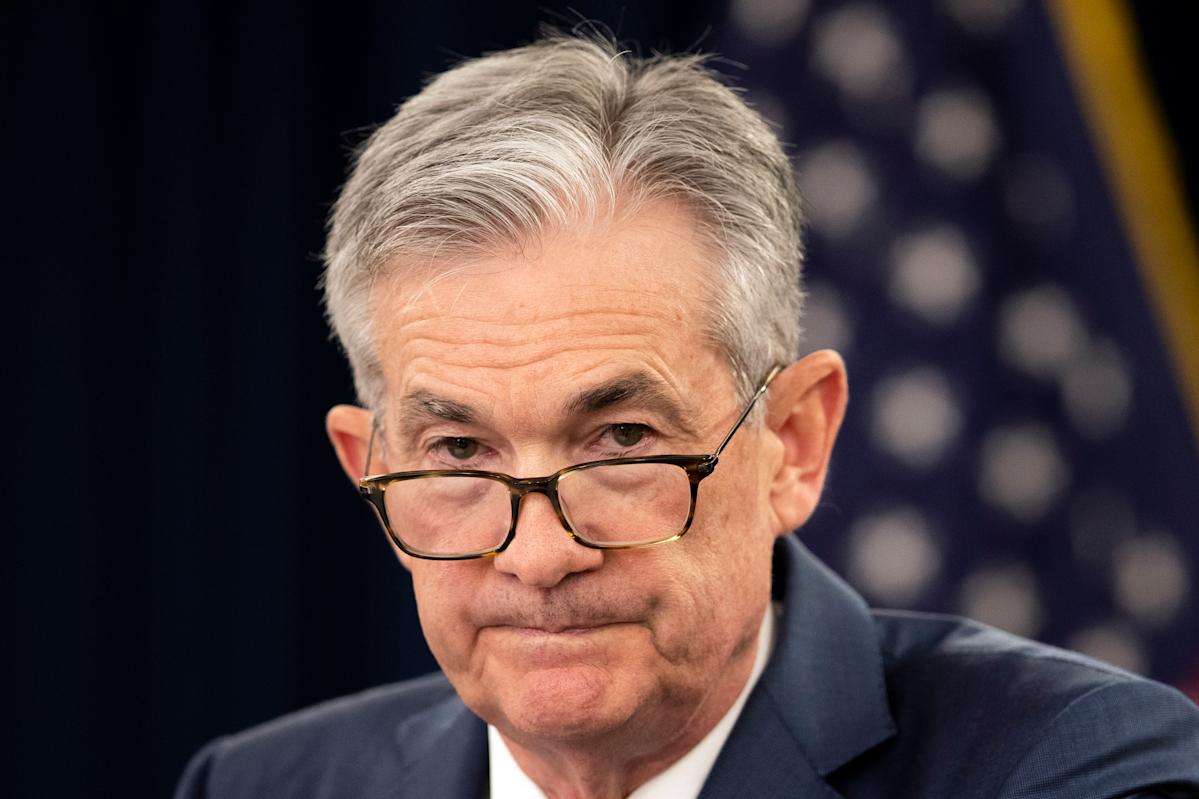
In a fresh wave of criticism, President Donald Trump escalated his ongoing feud with Federal Reserve Chair Jerome Powell, launching a scathing attack and demanding aggressive interest rate cuts to stimulate economic growth.
Trump pulled no punches, branding Powell a "major loser" and asserting that current economic indicators, particularly energy and grocery prices, suggest minimal inflation. His bold claims came amid growing tensions between the White House and the independent central bank.
The president's inflammatory remarks sent immediate ripples through financial markets, causing both the stock market and the dollar to decline. Investors both domestically and internationally are increasingly concerned about the potential economic implications of such high-profile governmental discord.
Adding fuel to the fire, a top White House adviser revealed on Friday that the administration is actively exploring the possibility of removing Powell from his position—a move that would represent an unprecedented challenge to the Federal Reserve's long-standing independence and potentially trigger significant global financial turbulence.
Trump's persistent public criticism of the Fed chair underscores a remarkable departure from traditional presidential restraint in monetary policy discussions, signaling a more confrontational approach to economic governance.
Economic Tensions Escalate: Trump's Relentless Assault on Federal Reserve Independence
In the volatile landscape of American economic policy, President Donald Trump continues to challenge institutional norms, launching an unprecedented critique of the Federal Reserve's monetary strategy that threatens to destabilize financial markets and challenge long-standing governmental protocols.Navigating Turbulent Economic Waters: A Presidential Power Struggle Unfolds
The Presidential Pressure Campaign
The intricate dance between presidential power and central banking independence has reached a critical juncture, with Donald Trump mounting an aggressive campaign to influence monetary policy. His targeted attacks on Federal Reserve Chair Jerome Powell represent a dramatic departure from traditional executive-monetary relationships, signaling a potentially transformative moment in American economic governance. Trump's rhetoric has transcended typical political discourse, employing inflammatory language that directly challenges the Federal Reserve's autonomy. By publicly labeling Powell a "major loser" and demanding interest rate reductions, the president has exposed the delicate balance between executive influence and institutional independence.Market Dynamics and Investor Sentiment
The president's confrontational approach has triggered significant market repercussions. Investors both domestically and internationally have grown increasingly apprehensive about the potential long-term implications of such unprecedented presidential intervention. Stock markets and currency valuations have experienced notable fluctuations, reflecting the uncertainty generated by Trump's aggressive stance. Financial analysts are closely monitoring these developments, recognizing that the potential undermining of Federal Reserve independence could have far-reaching consequences for economic stability. The mere suggestion of potentially removing Powell from his position has sent ripples of concern through global financial ecosystems.Inflation and Economic Interpretation
Trump's claims regarding inflation present a complex narrative that challenges conventional economic understanding. By asserting that energy and grocery prices are "substantially lower" and that "there is virtually No Inflation," the president is presenting an alternative economic interpretation that diverges from traditional economic indicators. This narrative raises critical questions about the measurement and perception of economic health. Economists and policy experts are scrutinizing these claims, examining the nuanced relationship between presidential rhetoric and economic reality.Institutional Autonomy Under Siege
The potential threat to remove Federal Reserve leadership represents an extraordinary moment in American economic governance. Such an action would not merely be a personnel change but a fundamental challenge to the institutional independence that has been a cornerstone of monetary policy for decades. White House advisors' exploration of legal mechanisms to potentially dismiss Powell underscores the administration's willingness to push constitutional and institutional boundaries. This approach signals a radical reimagining of executive-monetary relationships that could have profound and unpredictable consequences.Global Economic Implications
Beyond domestic considerations, Trump's confrontational approach to monetary policy carries significant international ramifications. Global financial markets are sensitive to signals of institutional instability, and the potential undermining of Federal Reserve independence could trigger widespread economic uncertainty. International investors and economic policymakers are closely watching these developments, recognizing that the United States' economic leadership depends not just on its market size but on the perceived stability and predictability of its institutions. The unfolding narrative represents more than a simple policy disagreement—it is a fundamental test of institutional resilience, presidential power, and the delicate balance of economic governance in the modern era.RELATED NEWS
Finance
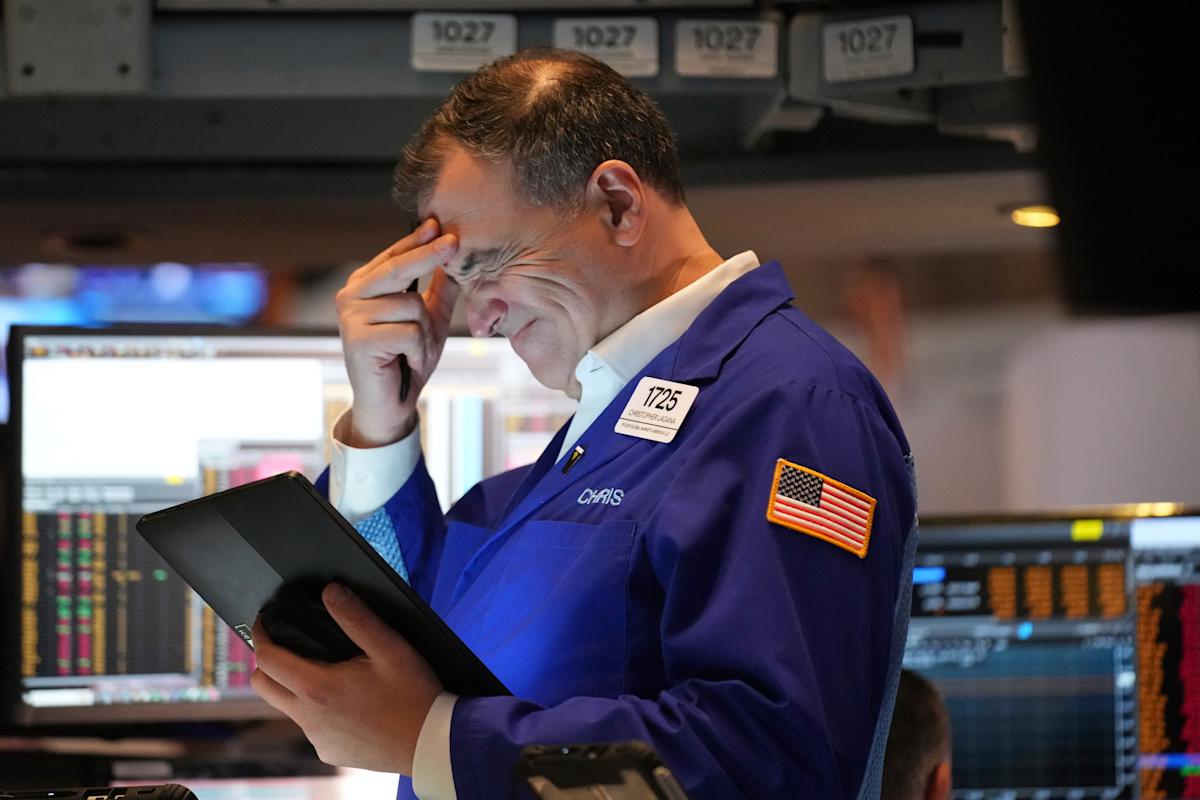
Global Markets Reel: Trump Tariffs Spark Widespread Sell-Off Across Major Indexes
2025-04-03 11:34:57
Finance

Breaking Point: How Multilateral Development Banks Can Rescue Climate Finance from the Brink
2025-04-16 12:23:15

